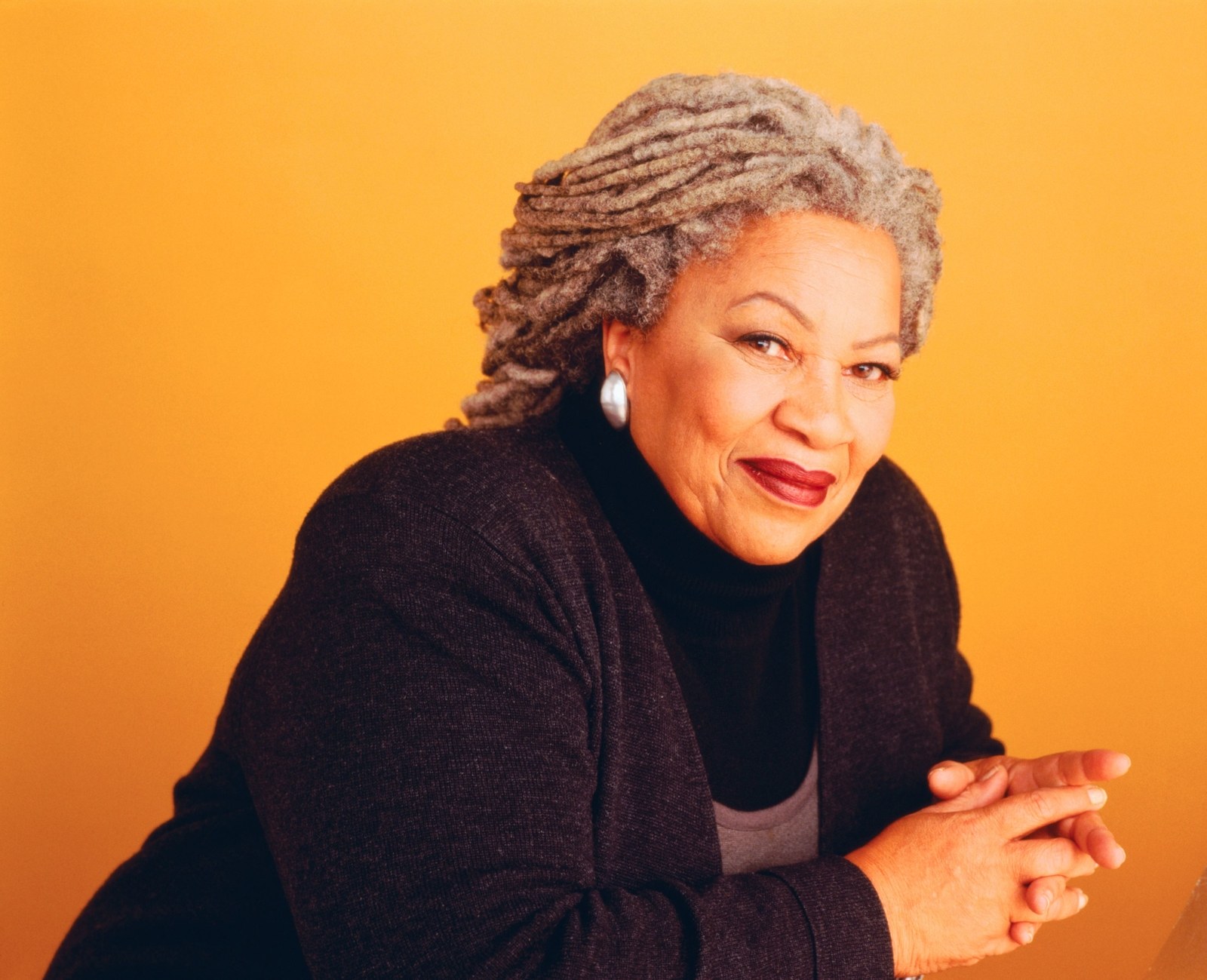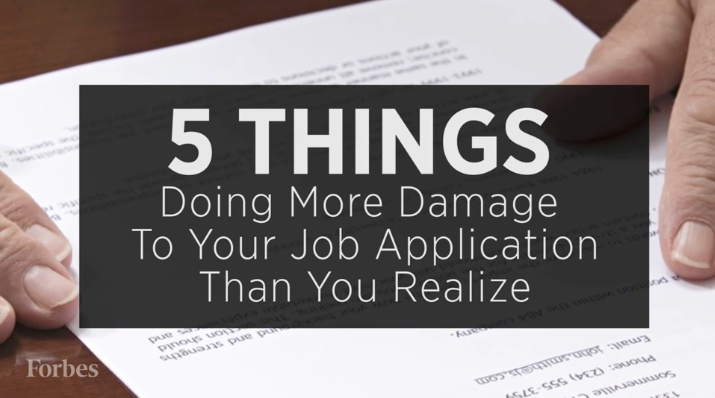
Toni Morrison, the first Black woman to win the Nobel Prize in Literature and the author of 11 novels, died this year, leaving behind a legacy of words that reshaped American culture. Her writing itself was a singular force, but one detail about Morrison’s career that has always been a guiding light to me is that she did not start working on her writing until later in her life.
Morrison was not someone who would fit on “30 under 30” lists today, or someone who had the luxury of endless time to do her work. Morrison wrote before the sun rose because of child care responsibilities. “Writing before dawn began as a necessity ― I had small children when I first began to write and I needed to use the time before they said, ‘Mama’ ― and that was always around five in the morning,” she told The Paris Review in 1993. She was not published until she was 39 years old.
What that taught me is that I could start at any time, that I could grow where I was planted. At work, other people’s time can become what dictates yours. What Morrison’s career told me is that you could make the time you had your own, no matter what stage of life you were in.
Here are other words of career wisdom that she has given in speeches and interviews over the years:
On what her dad taught her about the value of work
“One day, alone in the kitchen with my father, I let drop a few whines about the job. I gave him details, examples of what troubled me, yet although he listened intently, I saw no sympathy in his eyes. … Perhaps he understood that what I wanted was a solution to the job, not an escape from it. In any case, he put down his cup of coffee and said, ‘Listen. You don’t live there. You live here. With your people. Go to work. Get your money. And come on home.’
“That was what he said. This was what I heard:
1. Whatever the work is, do it well — not for the boss but for yourself.AN ESSENTIAL DAILY GUIDE TO ACHIEVING THE GOOD LIFESubscribe to our lifestyle email.Thanks!You have been successfully signed up.
2. You make the job; it doesn’t make you.
3. Your real life is with us, your family.
4. You are not the work you do; you are the person you are.
“I have worked for all sorts of people since then, geniuses and morons, quick-witted and dull, bighearted and narrow. I’ve had many kinds of jobs, but since that conversation with my father I have never considered the level of labor to be the measure of myself, and I have never placed the security of a job above the value of home.” ― The New Yorker, 2017
On her morning coffee ritual and how rituals help us do the work
“I always get up and make a cup of coffee while it is still dark — it must be dark — and then I drink the coffee and watch the light come. … Writers all devise ways to approach that place where they expect to make the contact, where they become the conduit, or where they engage in this mysterious process. For me, light is the signal in the transition. It’s not being in the light, it’s being there before it arrives. It enables me, in some sense.
“I tell my students one of the most important things they need to know is when they are their best, creatively. They need to ask themselves, What does the ideal room look like? Is there music? Is there silence? Is there chaos outside or is there serenity outside? What do I need in order to release my imagination?” ― The Paris Review, 1993
On mentorship
“I tell my students, ’When you get these jobs that you have been so brilliantly trained for, just remember that your real job is that if you are free, you need to free somebody else. If you have some power, then your job is to empower somebody else. This is not just a grab-bag candy game.” ― O, The Oprah Magazine, 2003
On why the division of ‘better’ work is not a useful label
“I do not make a distinction between the artist and the other world, the ‘real’ so-called workaday world. I do not subscribe to the theory of the artist as a sort of separate aesthetic being sitting in the ivory tower suffering and talking about beauty. It is work, it is hard work and there’s a lot of it, and there’s a lot of it that needs to be done, but that’s exactly what it is. It is not sitting under willow trees and being inspired et cetera. …
“It has something to do with work. I am not sure that it’s better work, as a matter of fact, than any other kind of work. I’m not convinced that it is. I think it has been handled and received more elegantly, but I’m not sure that it’s better. I’m not sure that I wouldn’t be just as happy if I were capable, and I am not, of making one perfect chair that would hold a human body properly. And I approach my work the same way I expect chair-makers to approach theirs.” ― Portland State University’s Oregon Public Speakers Collection, 1975
On how she tells college graduates that growing up is not easy but it is glorious
“I know that happiness has been the real, if covert, target of your labors here, your choices of companions, of the profession that you will enter. You deserve it and I want you to gain it. Everybody should.
“But if that’s all you have on your mind, then you do have my sympathy, and if these are indeed the best years of your life, you do have my condolences, because there is nothing, believe me, more satisfying, more gratifying than true adulthood. The adulthood that is the span of life before you. The process of becoming one is not inevitable. Its achievement is a difficult beauty, an intensely hard-won glory, which commercial forces and cultural vapidity should not be permitted to deprive you of.” ― Wellesley commencement speech, 2004
On the responsibility of artists to keep working
“I know the world is bruised and bleeding, and though it is important not to ignore its pain, it is also critical to refuse to succumb to its malevolence. Like failure, chaos contains information that can lead to knowledge — even wisdom. Like art.” ― The Nation, 2015
On breaking free from labels
“No generation, least of all mine, has a complete grip on the imagination and goals of subsequent generations; not if you refuse to let it be so. You don’t have to accept media or even scholarly labels for yourself: Generation A, B, C, X, Y, majority, minority, red state, blue state; this social caste or that one. Every true heroine breaks free from his or her class — upper, middle and lower — in order to serve a wider world.” ― Rutgers commencement speech, 2011
On being a pioneer
“If you find a book you really want to read but it hasn’t been written yet, then you must write it.” ― Ohio Arts Council Speech, 1981







